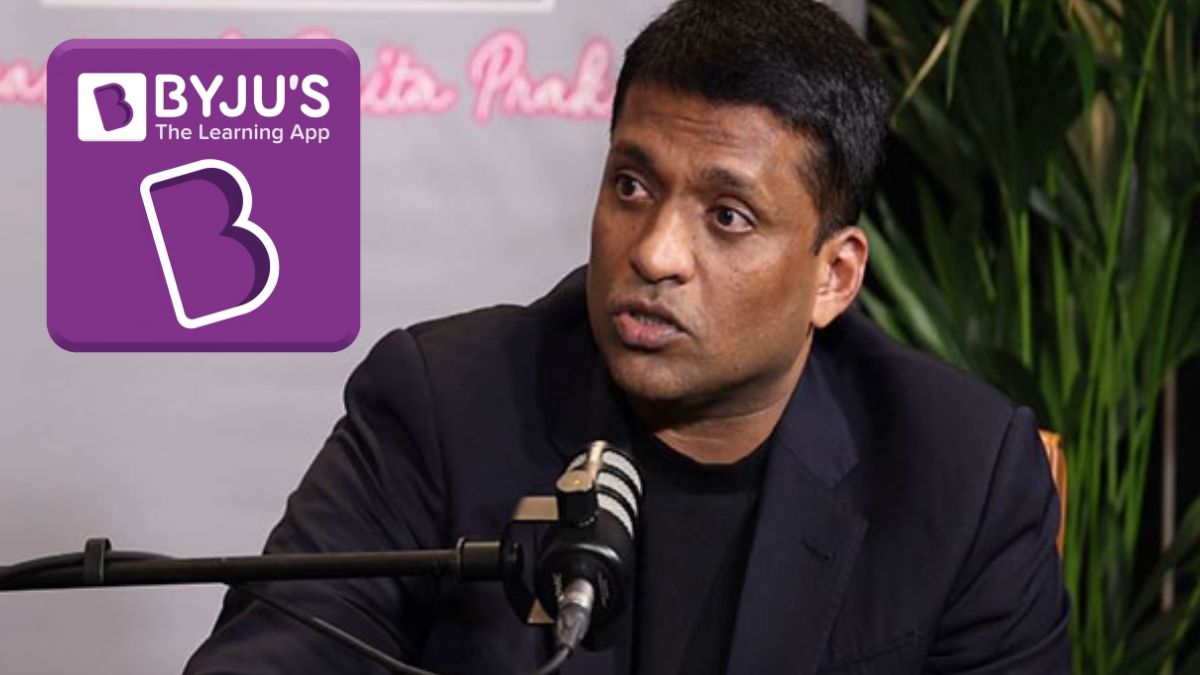In the midst of mounting financial distress and a flurry of legal battles, edtech Giant Byju’s has faced criticism for its high-profile brand endorsements, including Bollywood superstar Shah Rukh Khan and football legend Lionel Messi. However, founder Raveendran has offered a clear justification: these partnerships were not made during the company’s decline, but at its peak—when Byju’s was expanding globally and needed to build trust in new markets.
Byju Raveendran emphasized that the celebrity endorsements were strategic tools used to position Byju’s as a credible global player. “When you’re building a consumer brand, especially one expanding globally, trust is everything,” he said, arguing that figures like Khan and Messi played a key role in establishing that trust on the international stage.
The partnership with Lionel Messi, announced in November 2022, was part of Byju’s “Education for All” campaign. The deal, reportedly worth $5–7 million annually, was intended to enhance the company’s global presence. However, due to financial constraints, the agreement was put on hold after the first year.
Similarly, Byju’s collaboration with Shah Rukh Khan, initiated in 2017 with an annual fee of approximately ₹4 crore, was not renewed in 2023. The decision was influenced by the company’s financial challenges and mutual agreement between both parties.
He also stressed that these were not impulsive spends. “It’s not like we signed Messi when the company was going down. We did it when we were at our best,” Raveendran said, underlining that such moves are common among startups seeking to scale quickly and effectively.
Reflecting on the company’s struggles, Raveendran also admitted to making “some business mistakes,” particularly in aggressively expanding into 21 countries during the pandemic.
The company’s financial woes were further exacerbated by a $1.2 billion term loan default, leading to legal disputes with lenders. In 2023, key investors, including Prosus, Peak XV Partners, and the Chan Zuckerberg Initiative, resigned from Byju’s board, significantly impacting the company’s ability to secure additional funding.
Though Byju’s is now facing serious financial restructuring and investor pressure, Raveendran remains confident that the long-term brand-building strategy, which was costly was justified by the need to secure a global footprint during the company’s rapid rise.












